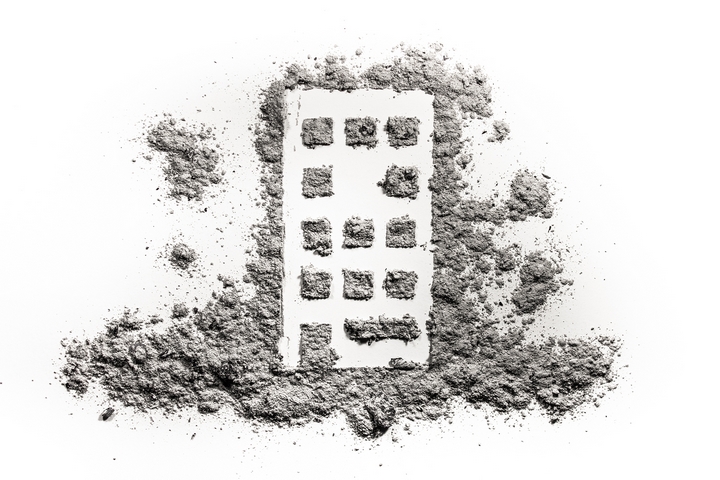Dust is an inevitable issue at many worksites in manty different industries. While often seen as miniscule or irrelevant, the reality is unless dust is effectively controlled, it can lead to maintenance, health, and inventory issues that can negatively impact your ability to do business. For these reasons, dust control solutions are being adopted by many businesses around the world.
These solutions consist of two common types. Dry collection of dust uses bags and filters to collect particles and dispose of them elsewhere. Wet dust collection means using water sprays and guns to control dust. Below are reasons to consider a dust control solution and ways it will help your operation.
1. Reduces the risk of dust explosions

Dust can be quite destructive if not adequately controlled. Uncontrolled dust collects in the atmosphere and forms dust clouds. At times these clouds contain dispersed combustible dust particles that are capable of igniting and causing an explosion.
Similarly, dust particles can settle on machines that require adequate cooling thus blocking the cooling systems. This can then lead to machines overheating and potentially catching fire. Dust fires will not only lead to costly damages but also exposes you and employees to burns and smoke inhalation.
2. To prevent health hazards

Inhaling fine dust particles can bring about many health hazards. Inhaling dust particles can result in various respiratory diseases which include chronic bronchitis, chronic obstructive airway diseases, asthma, and even cancer. Other effects may include irritation of the eyes, coughing, sneezing and irregular heartbeat when exposed to certain pollutants.
It is therefore essential to employ a reliable dust control solution to control airborne dust particles and to ensure there is sufficient fresh air. Otherwise, you and your employees will fall ill and jobs will not get completed, leading to projects falling behind schedule and you losing profits.
3. Reduces maintenance & cleaning costs

Regular housekeeping routines or dust control mechanisms help to reduce the amount of dust that could otherwise be suspended in the air. If such dust is not minimized, it usually collects in hard to reach areas including behind equipment or appliances and on walls and ceilings.
To clean off dust in these places will be quite tedious for you. If you consider paying cleaning agencies to do the job, it will cost you quite a bit since the job is extensive and will need to be completed regularly. An ideal dust control mechanism, on the other hand, will cost you much less and will also help prevent slip hazards and back injuries associated with cleaning heavy dust.
4. Enhances safety by increasing visibility

Dust emissions can impair the vision of workers, particularly for those who work in dust-prone environments such as construction sites and many manufacturing plants that deal with powdery substances. Employees may use safety goggles, but it can be a bit tiring and annoying to keep wiping off the dust.
Even worse, dust could be a hindrance to nearby residents or even drivers operating near the site, causing fatal accidents. As a result, you need a dust control system to help you mitigate any dust control issues.
5. Compliance with safety standards & regulations

All industries are required to comply with various safety standards and regulations. One of these standards applies to hazards that involve the control of dust serves to ensure that all industrial processes are carried out in a clean, safe, and hygienic environment.
According to Occupational Health and Safety Act (OHSA), a Canadian government agency that monitors and ensures safety at work, blowing or sweeping of fugitive dust is highly discouraged because it can lead to various injuries that can lead to injury, illness, and death. Instead, OHSA recommends the use of either a dry or wet dust collection method on a regular basis. It is also a requirement to put in place effective mechanisms to initially prevent dust build-up in the workplace if possible.




